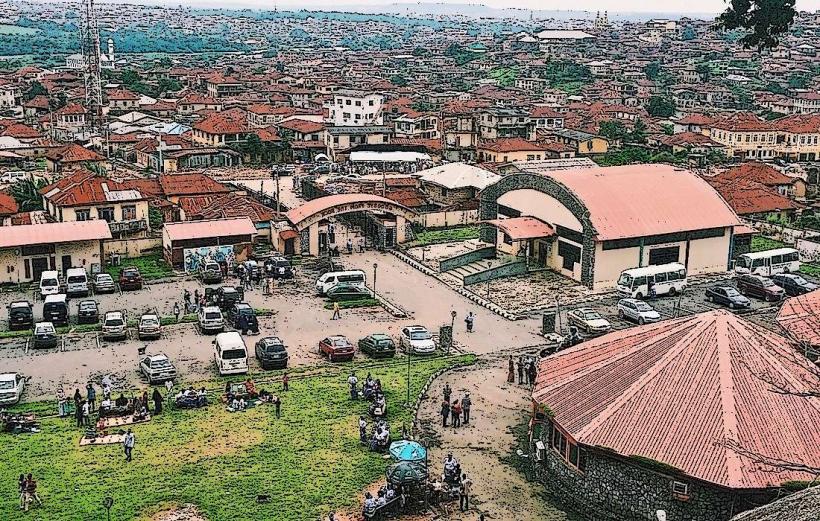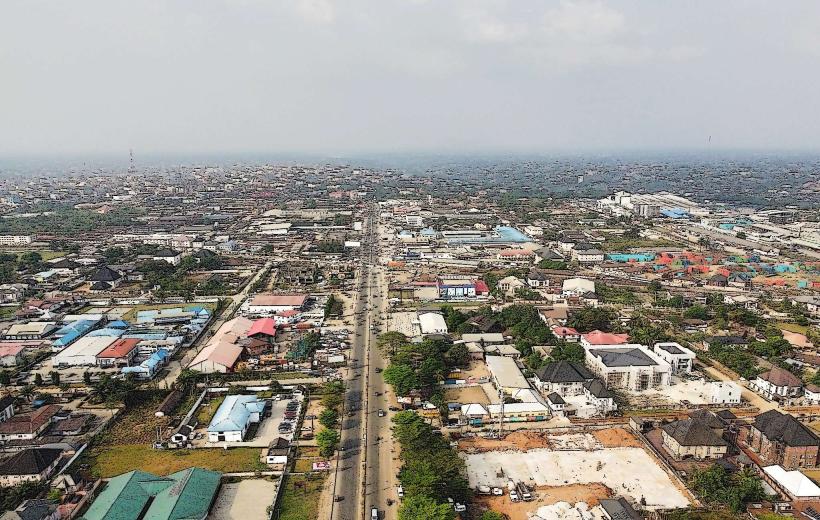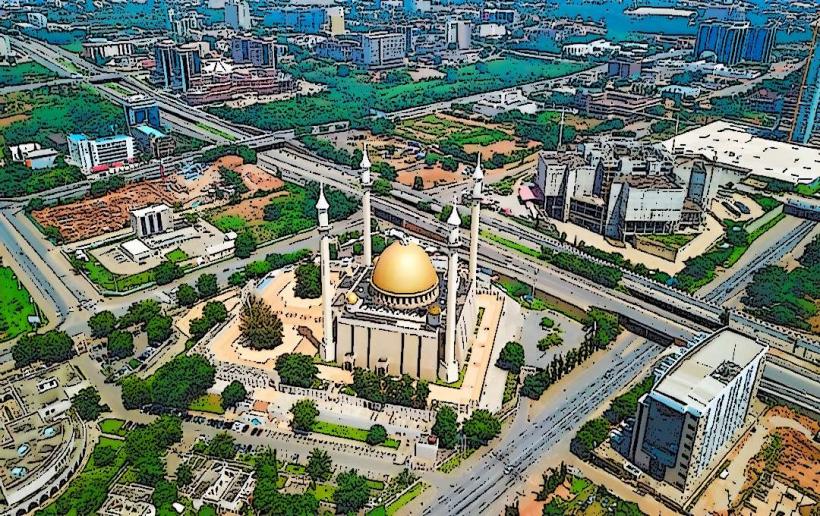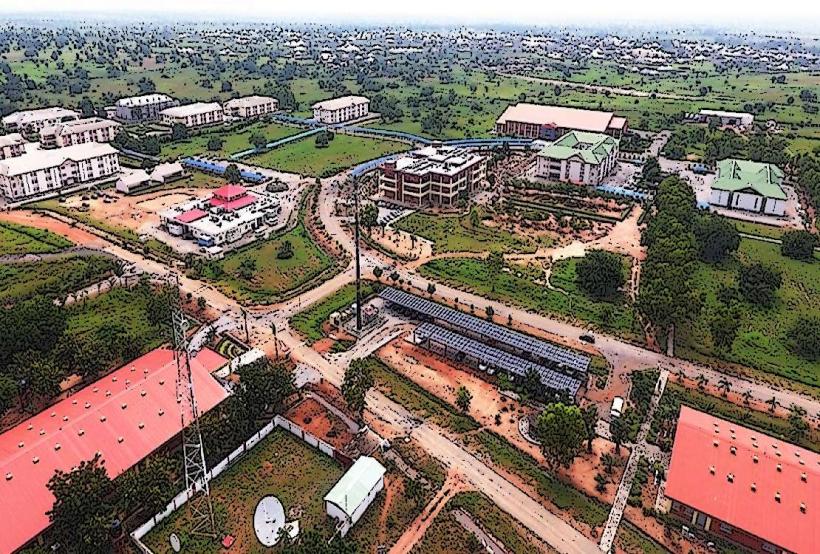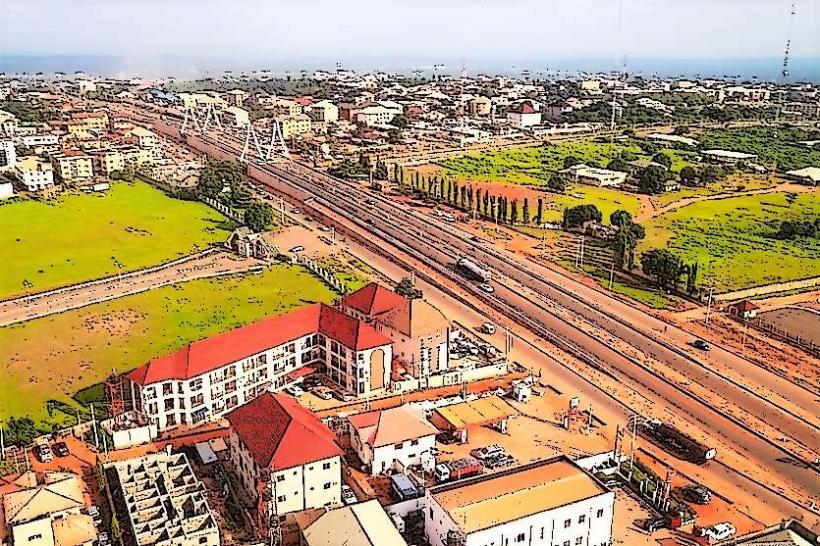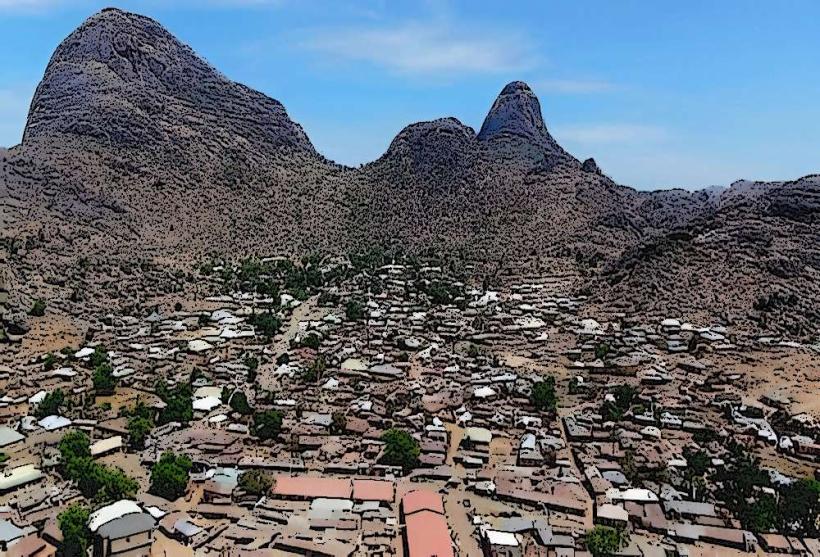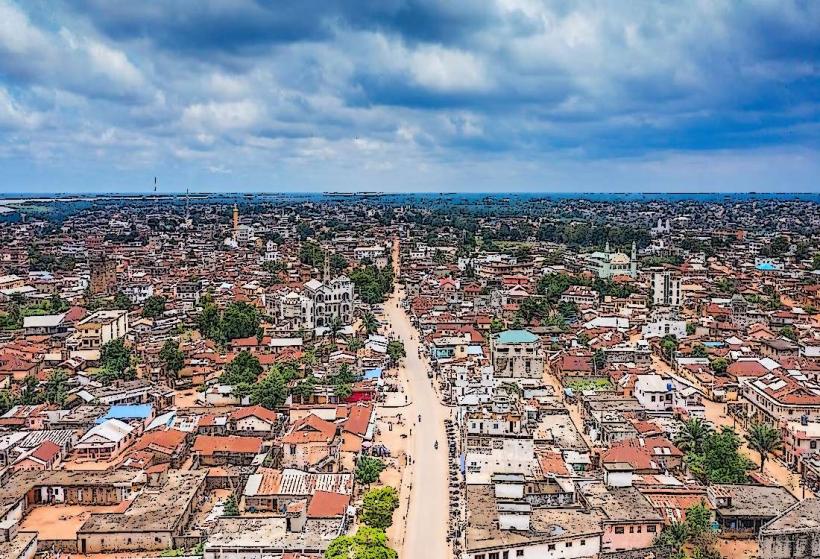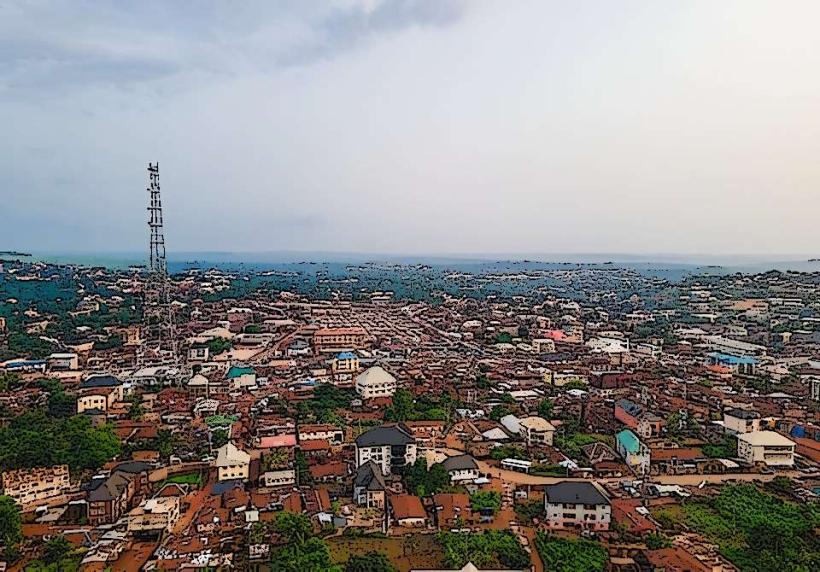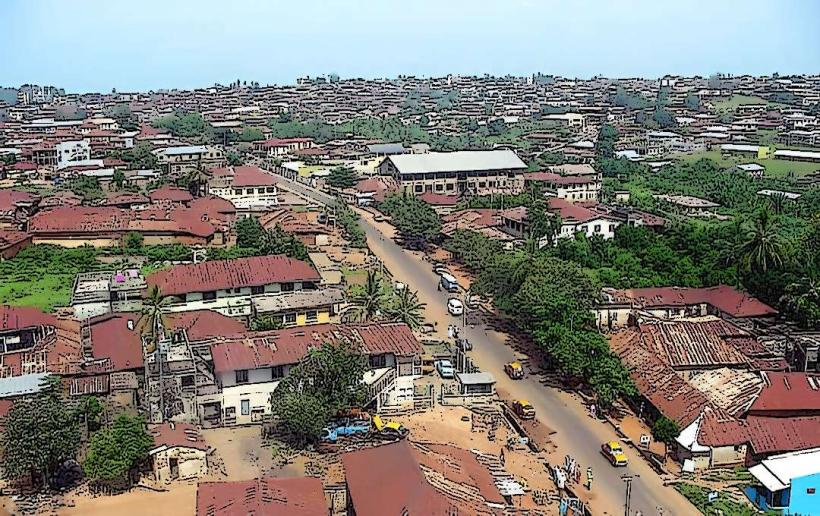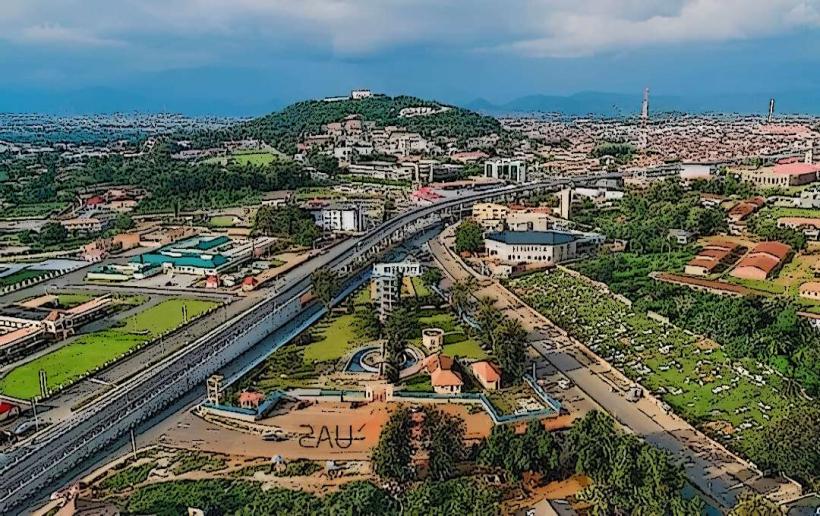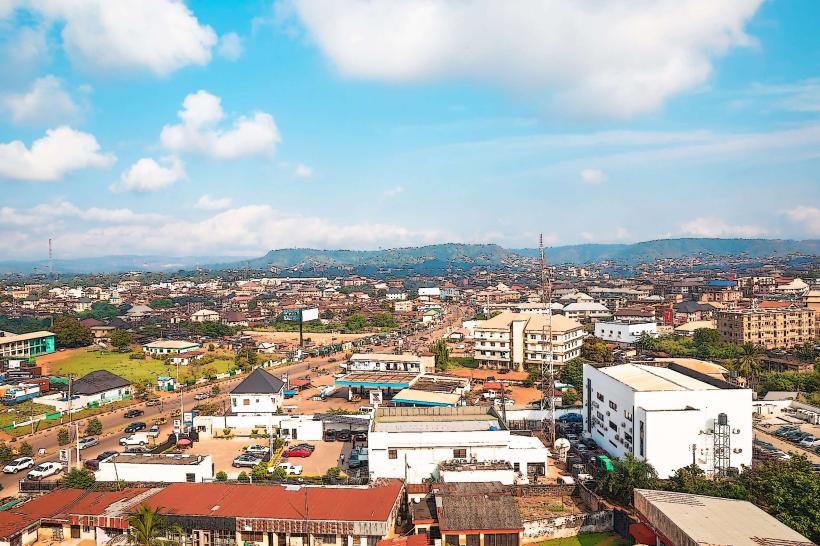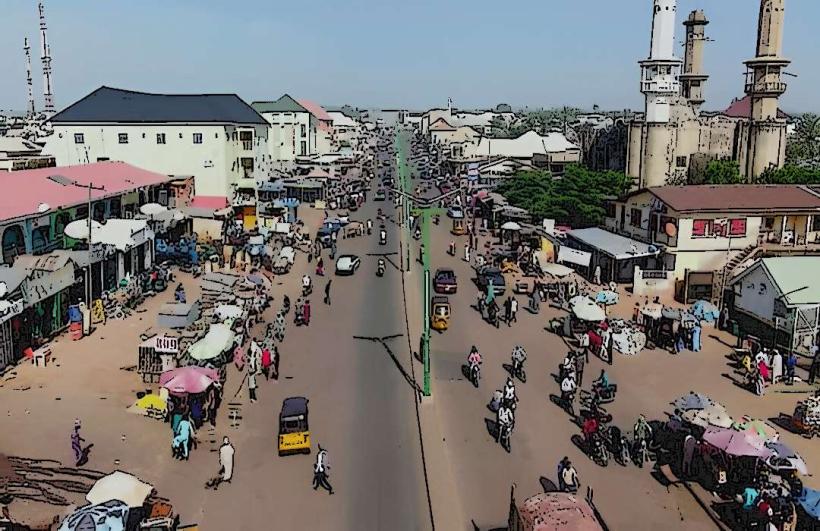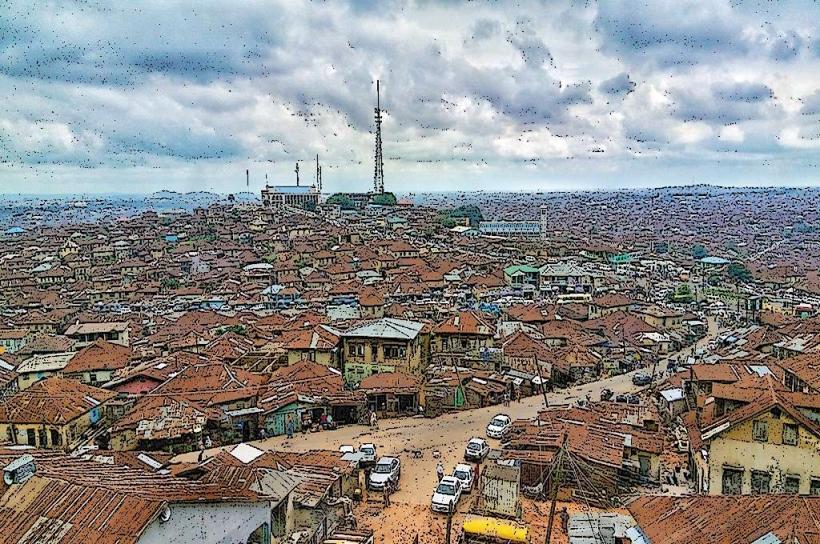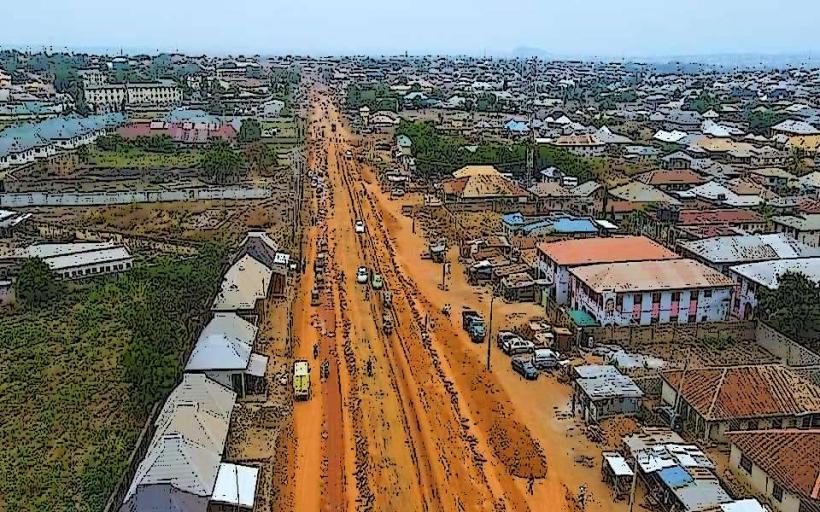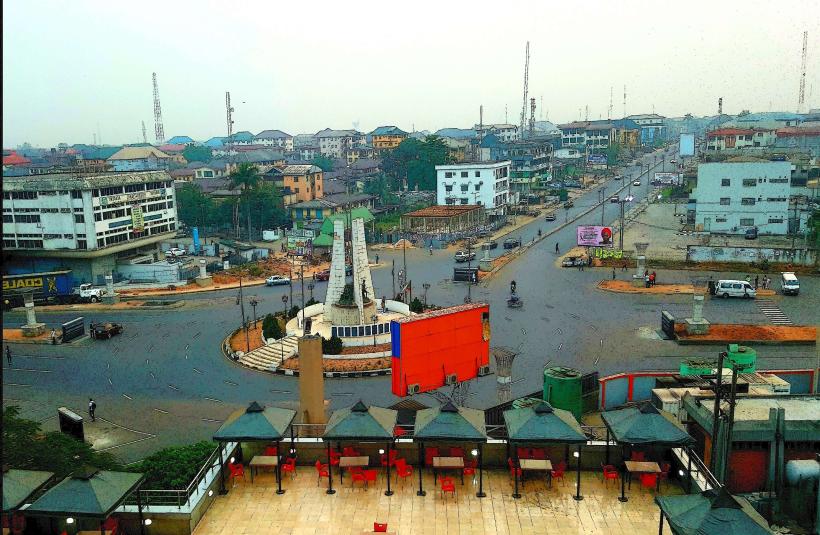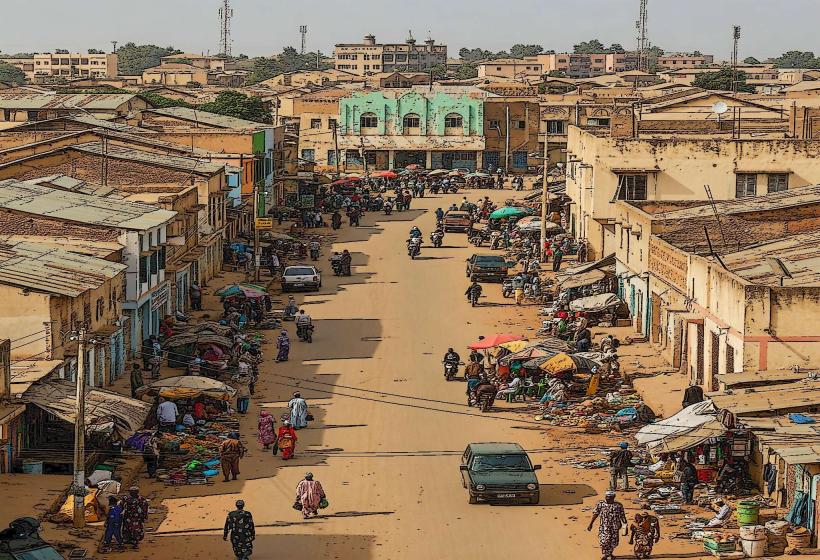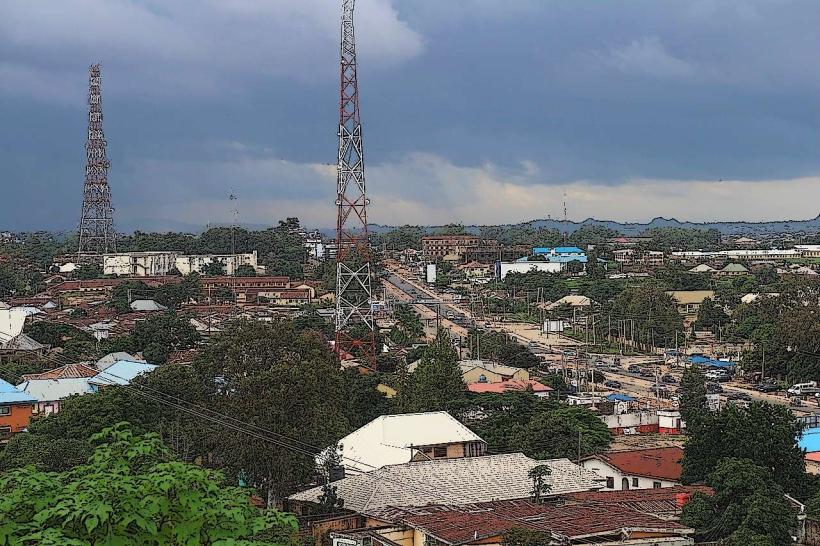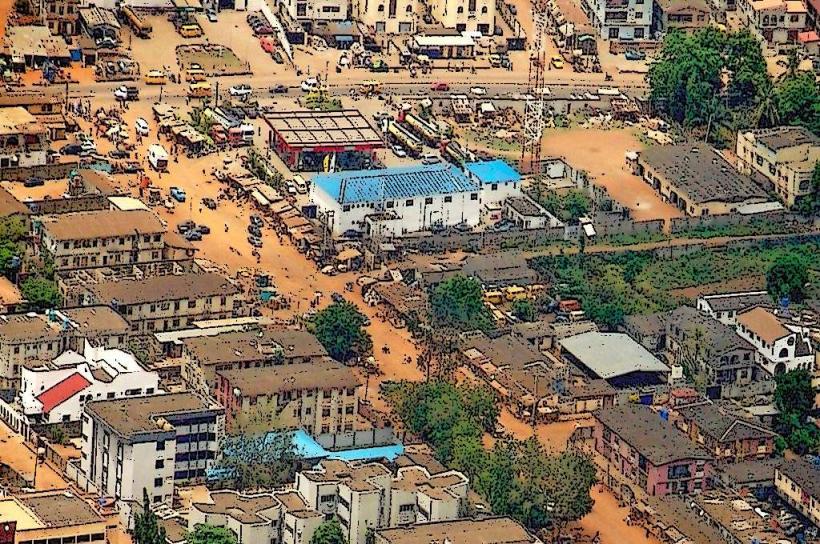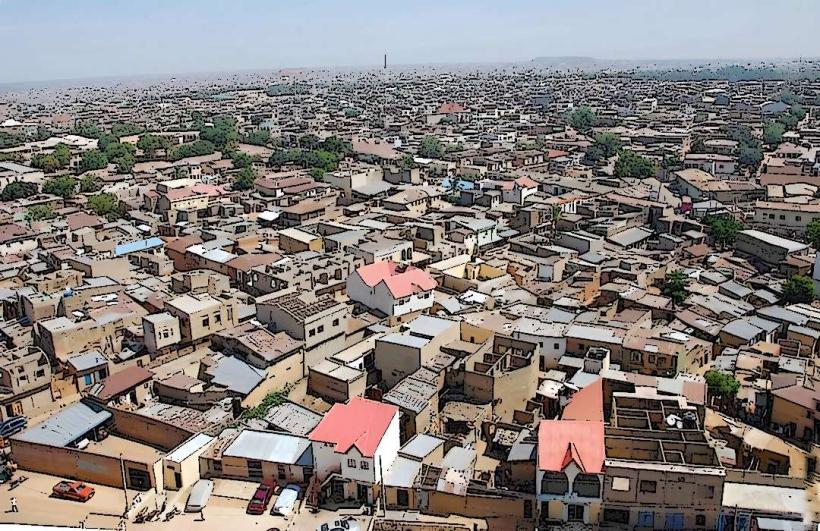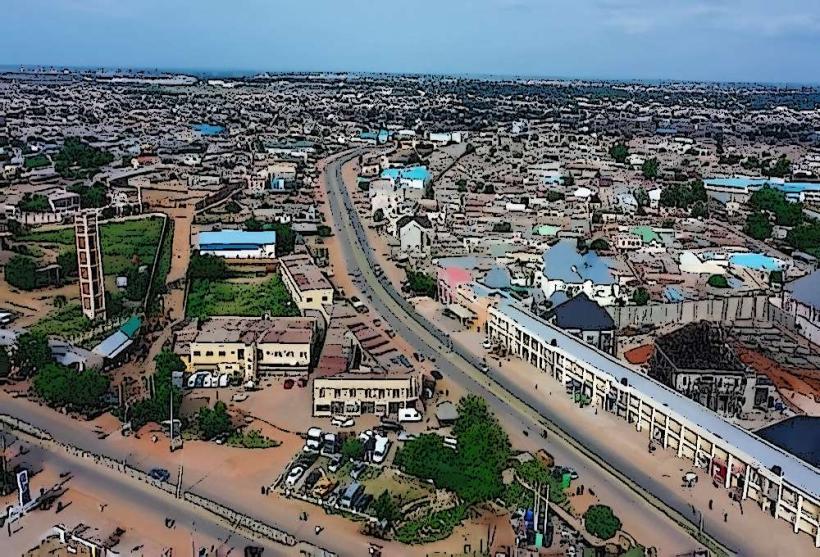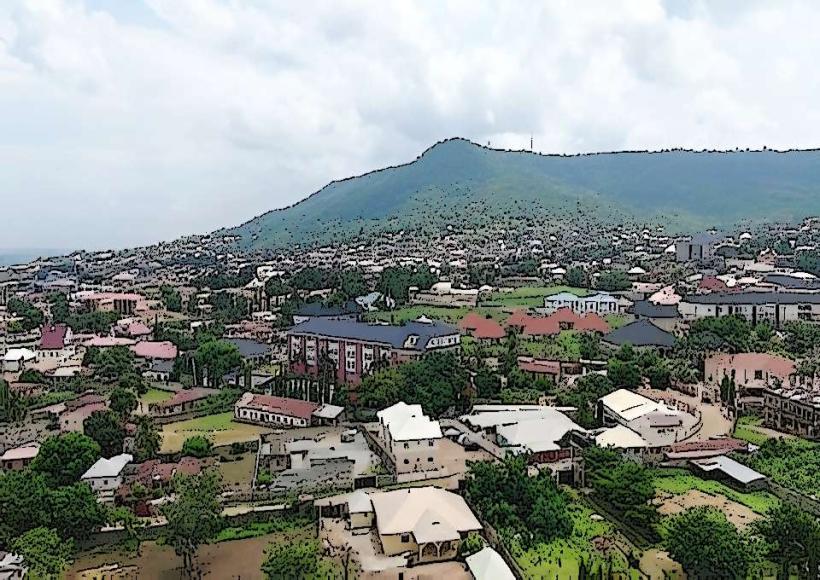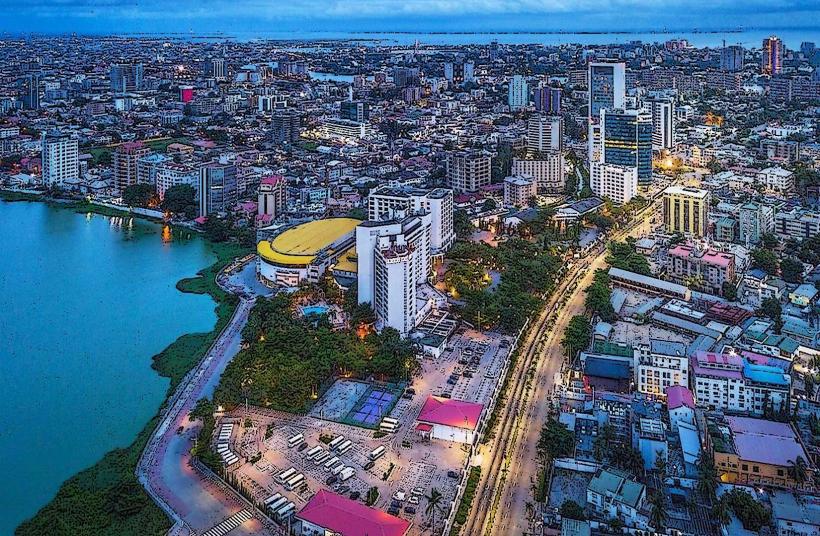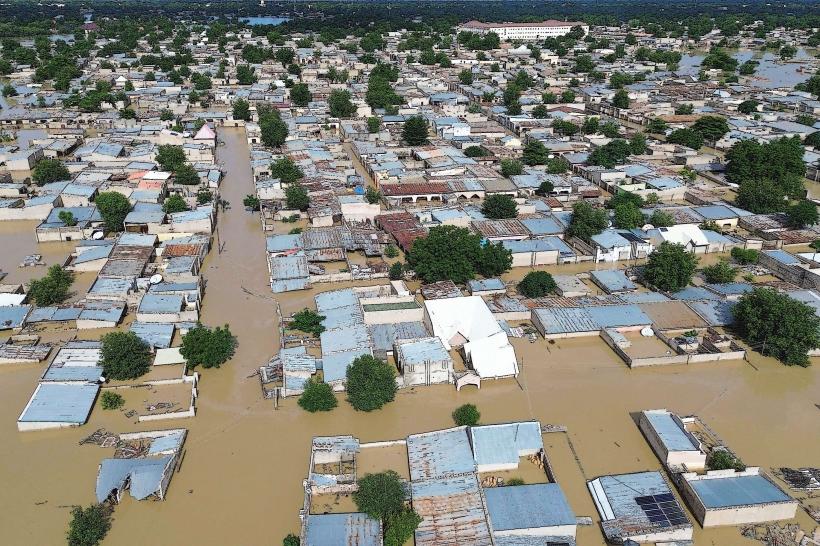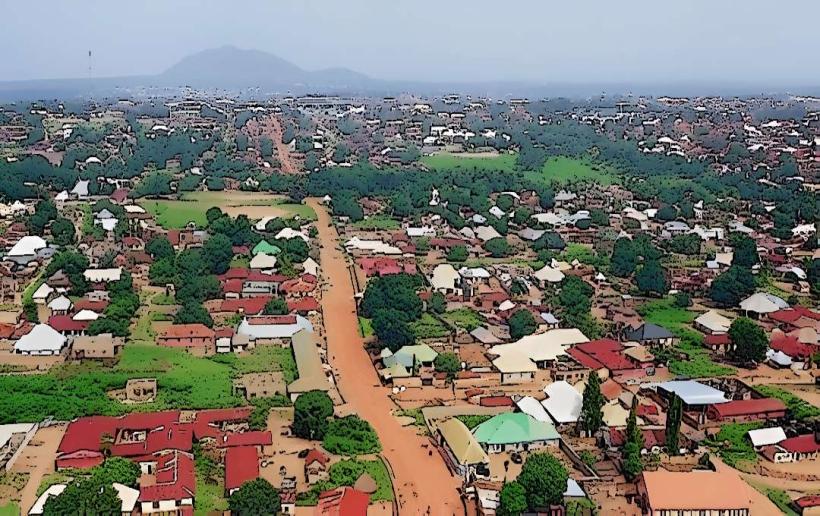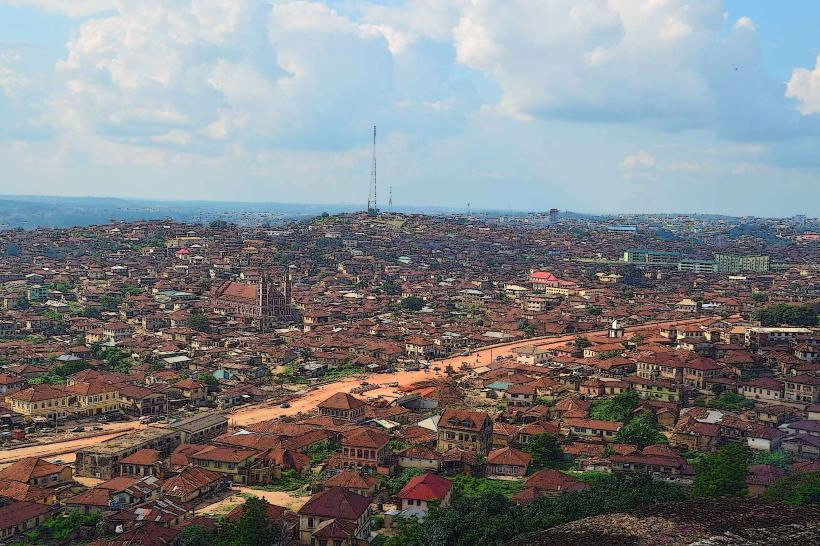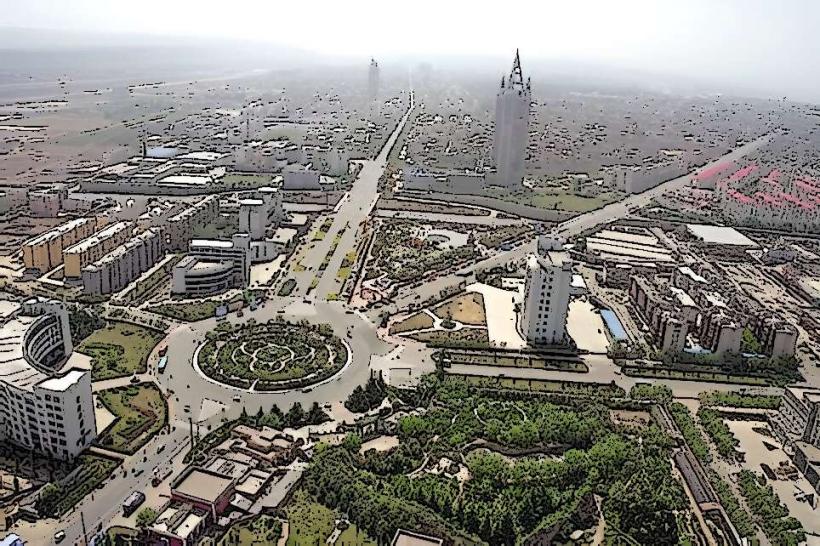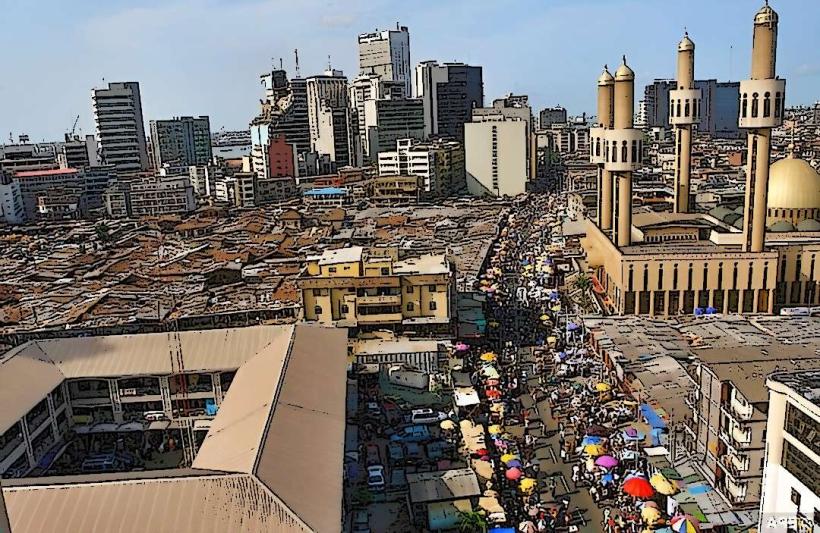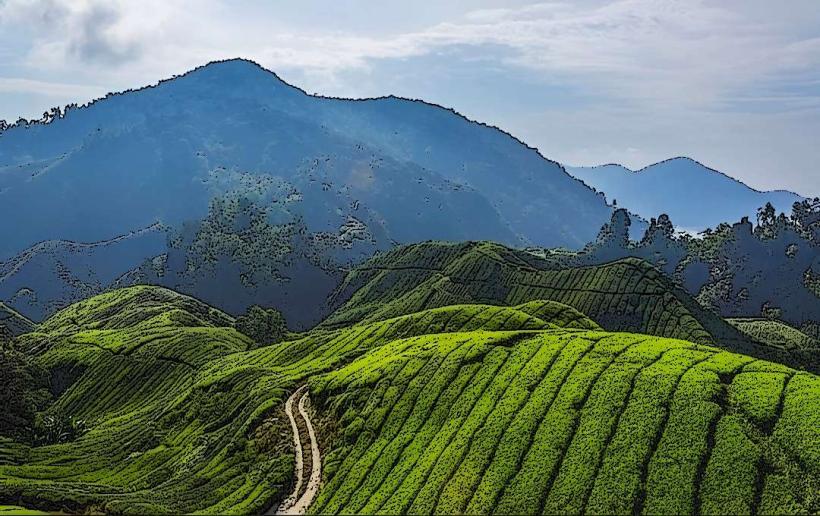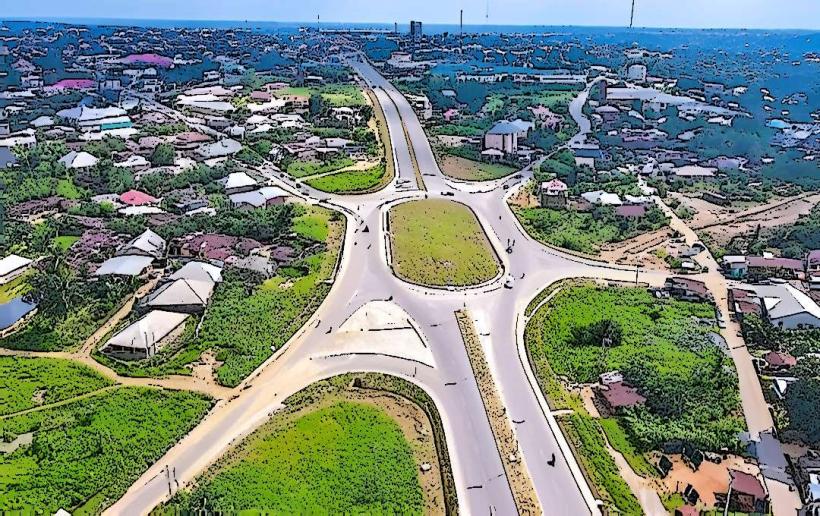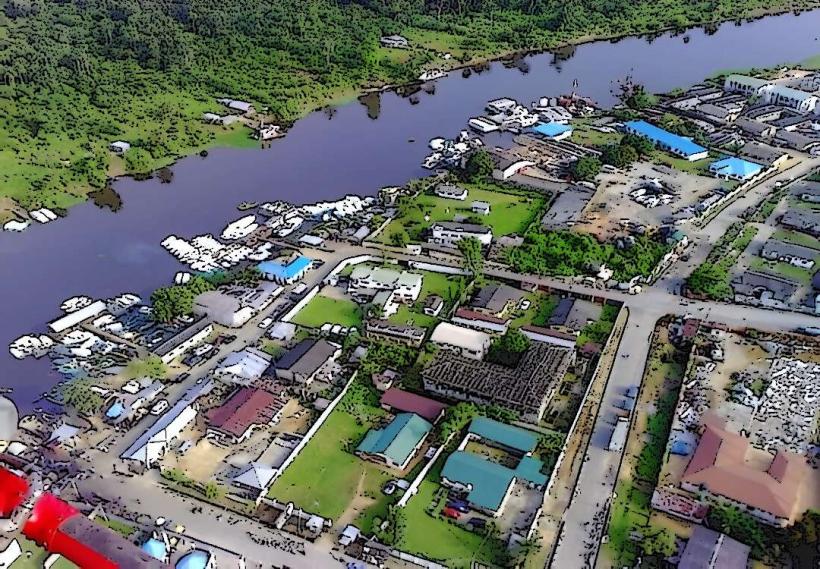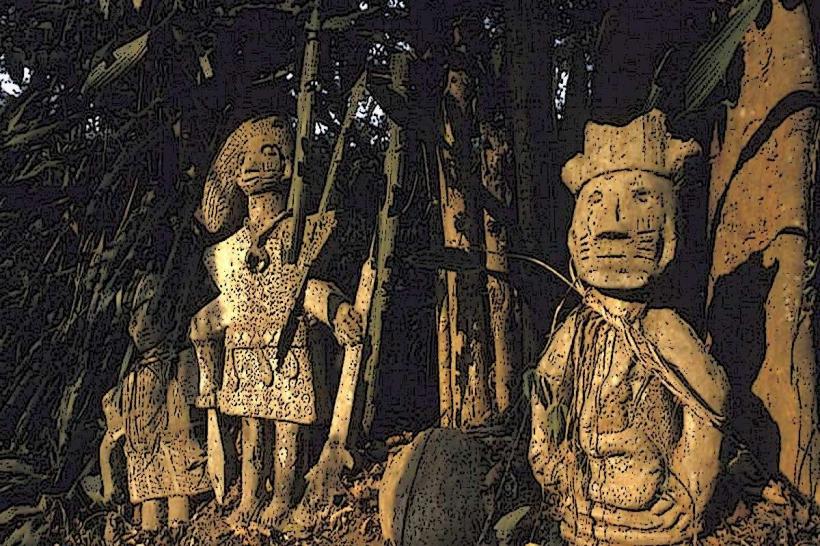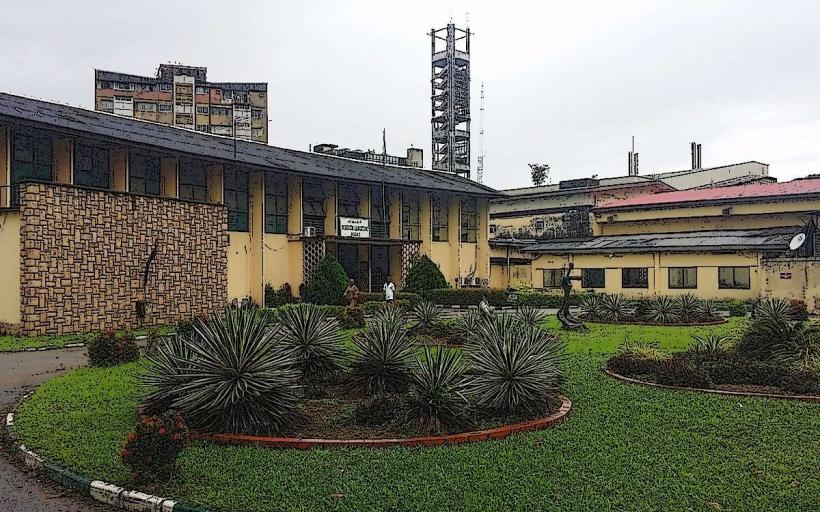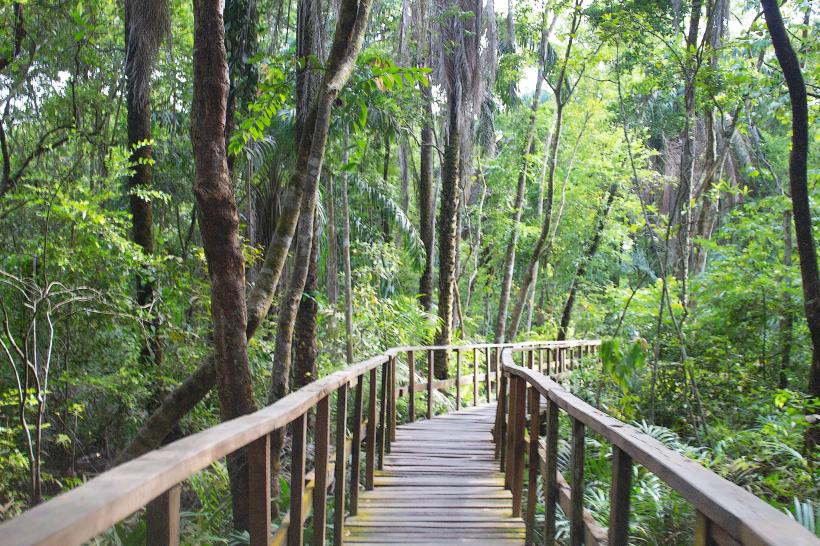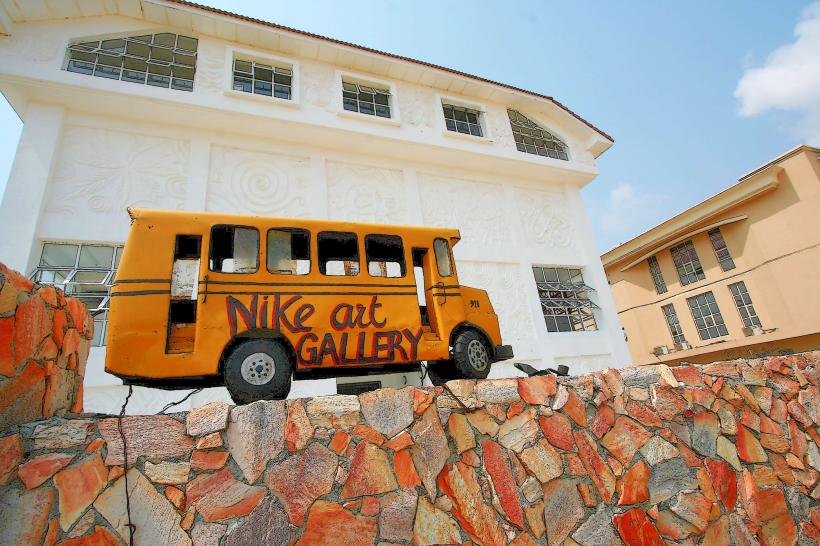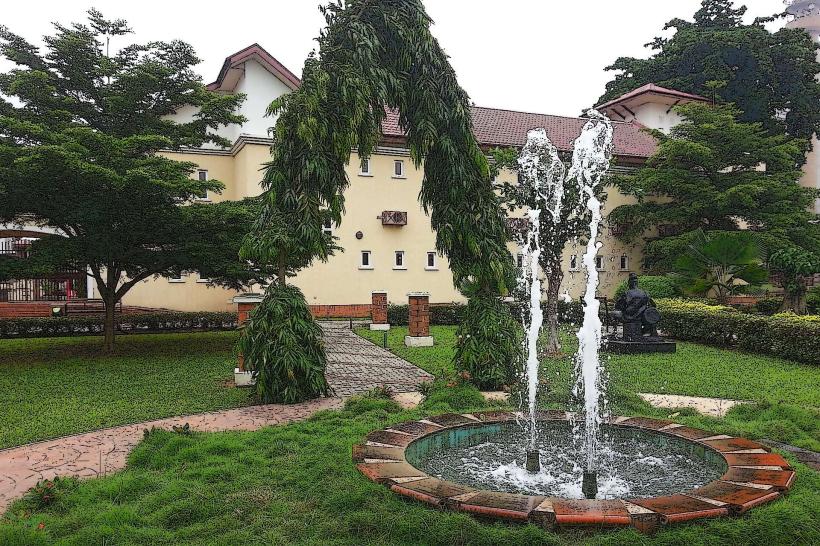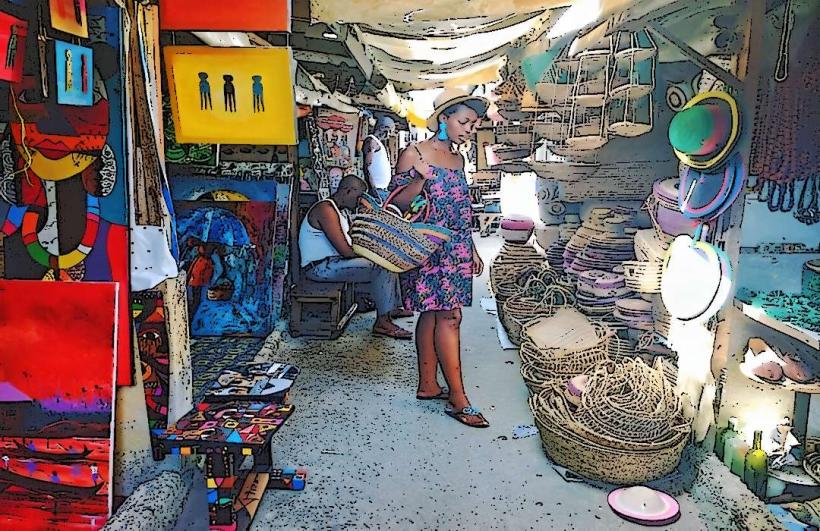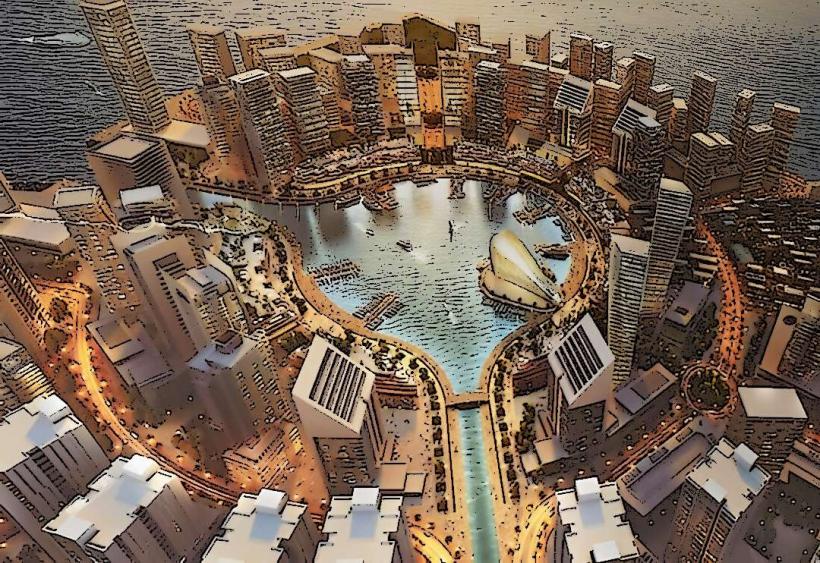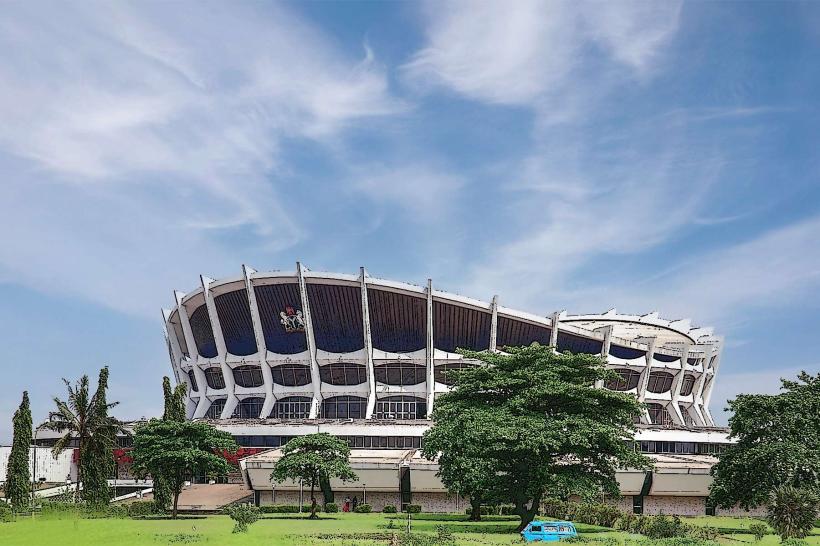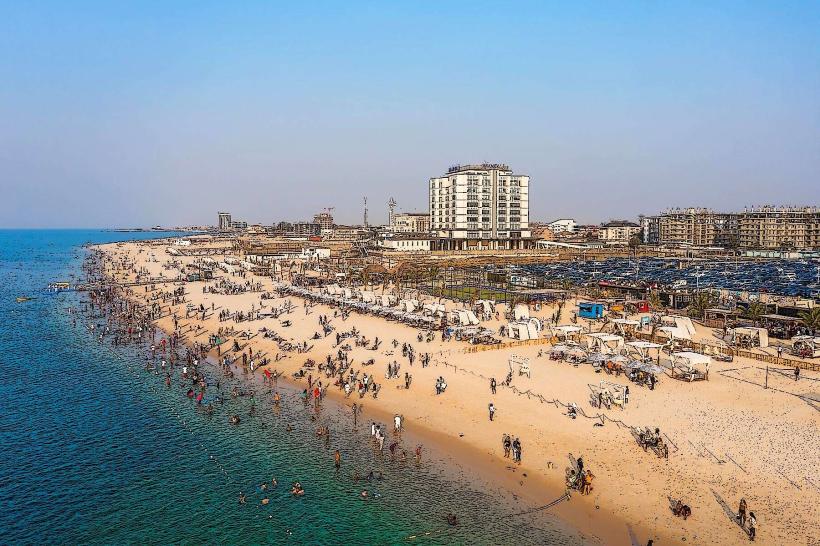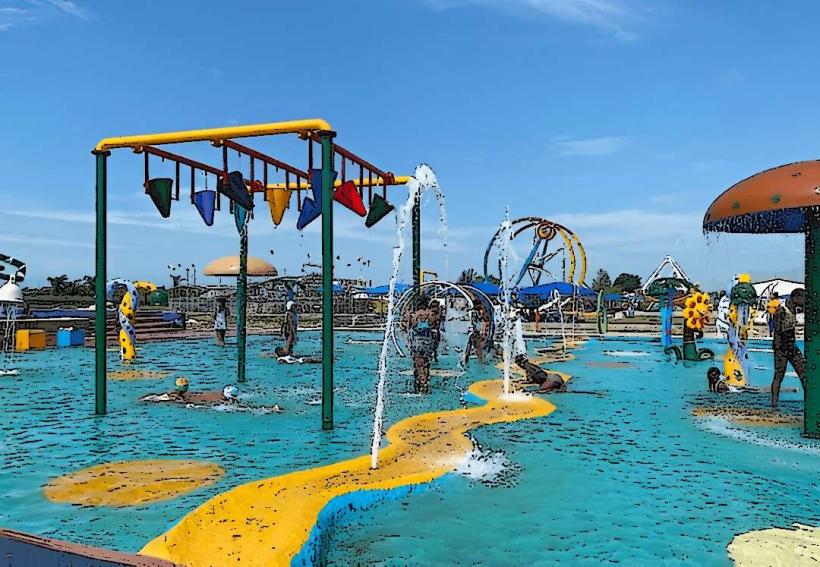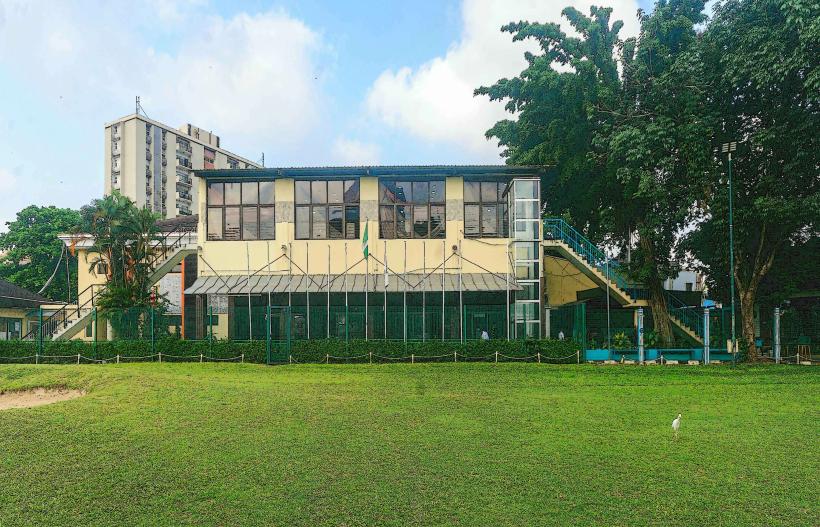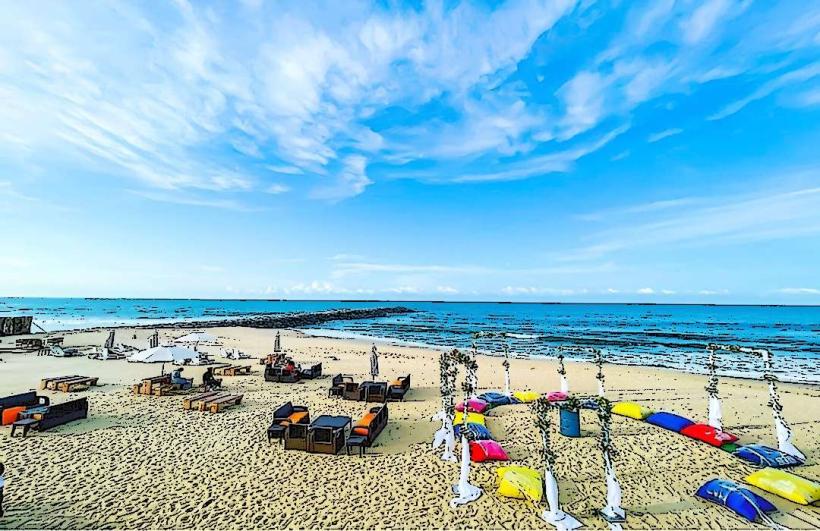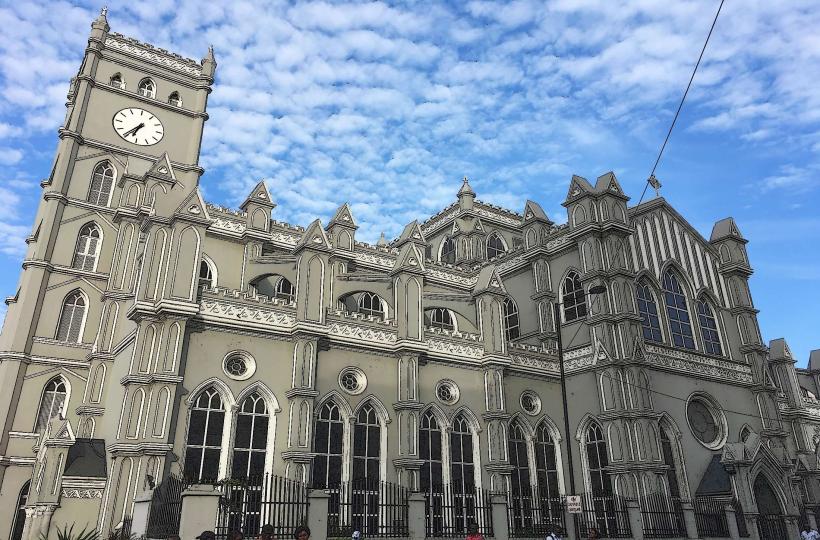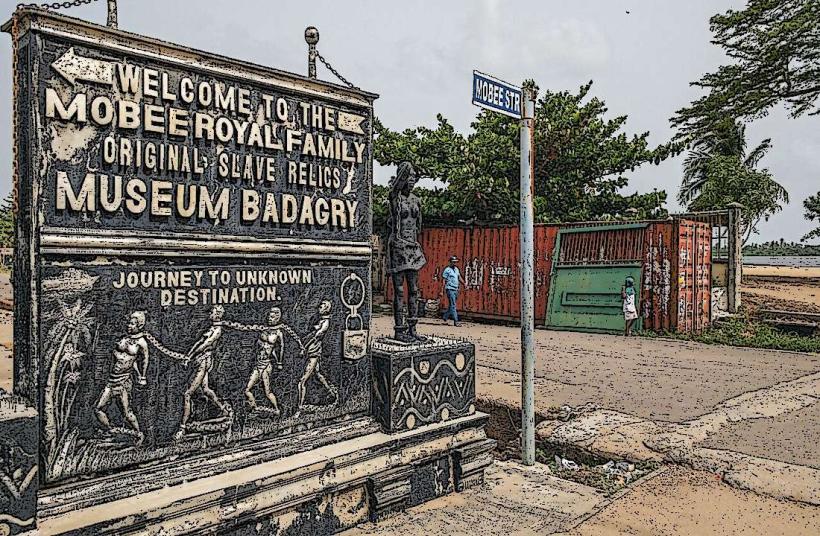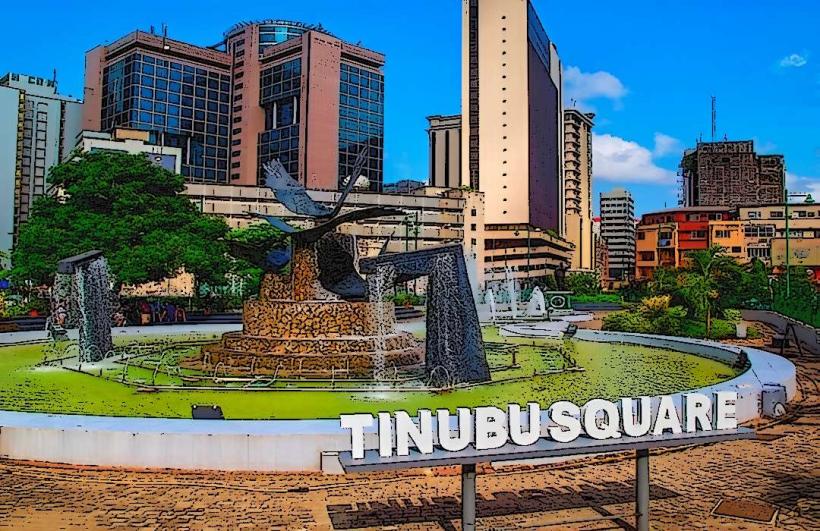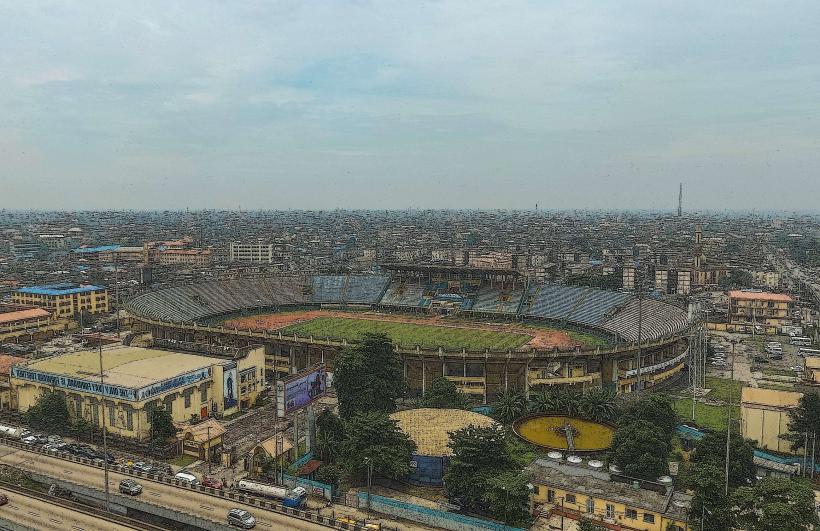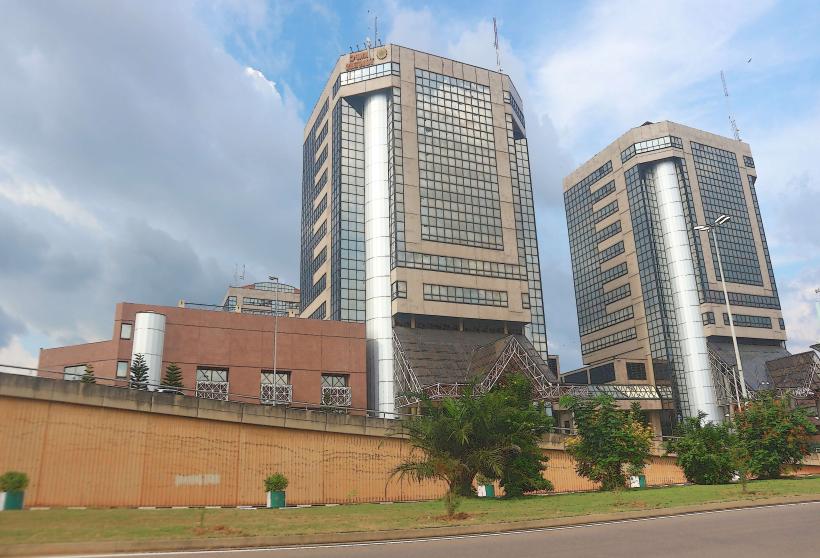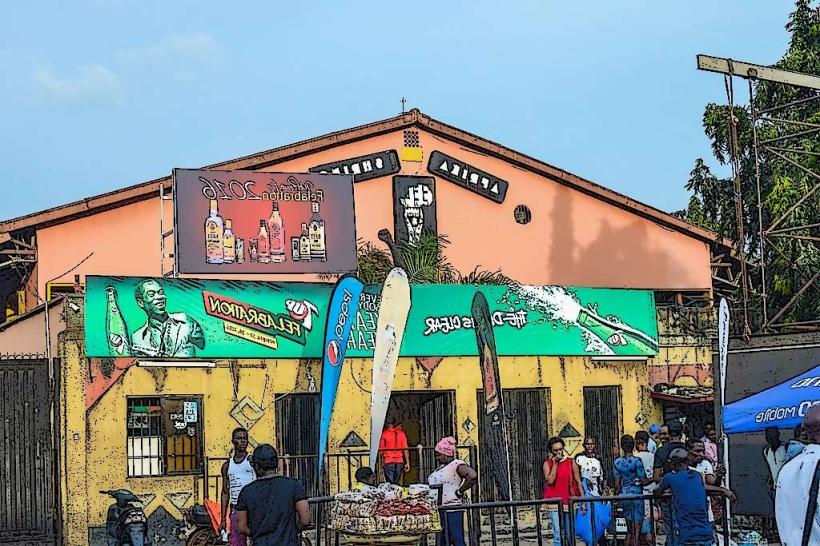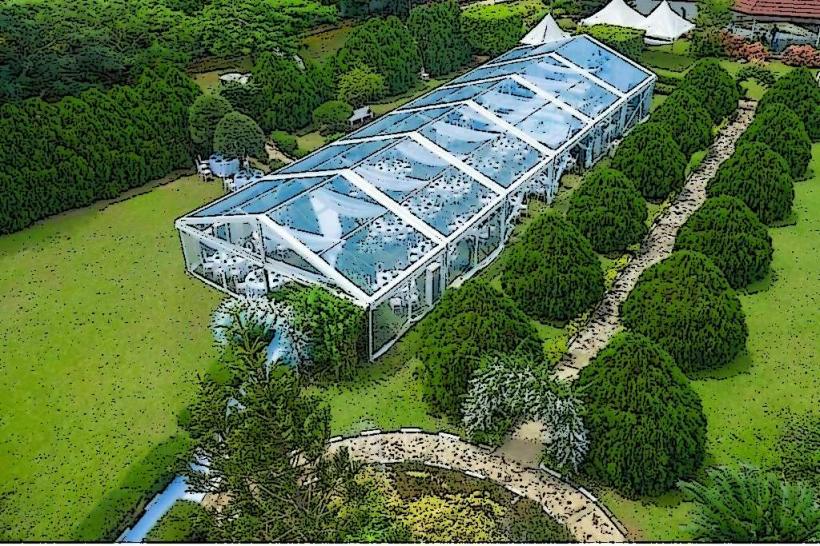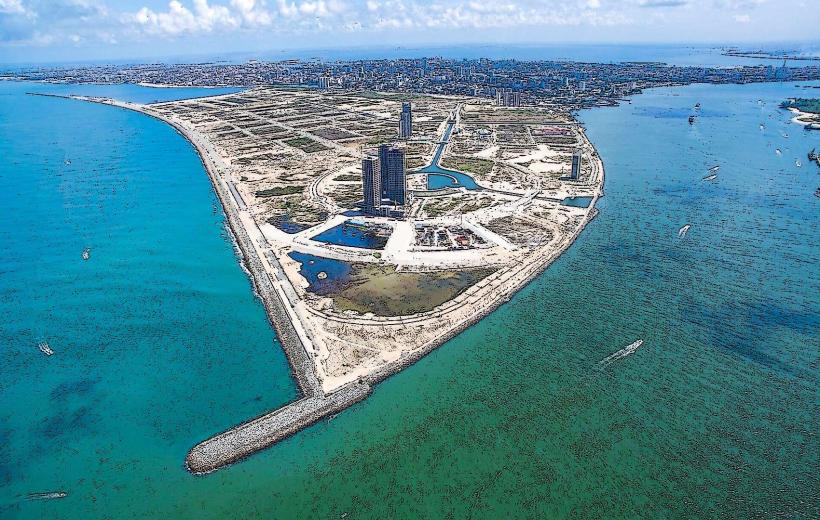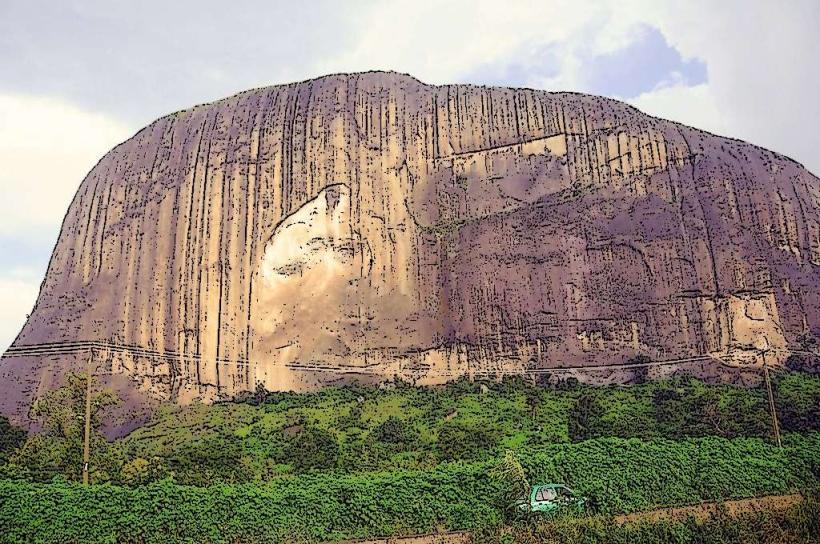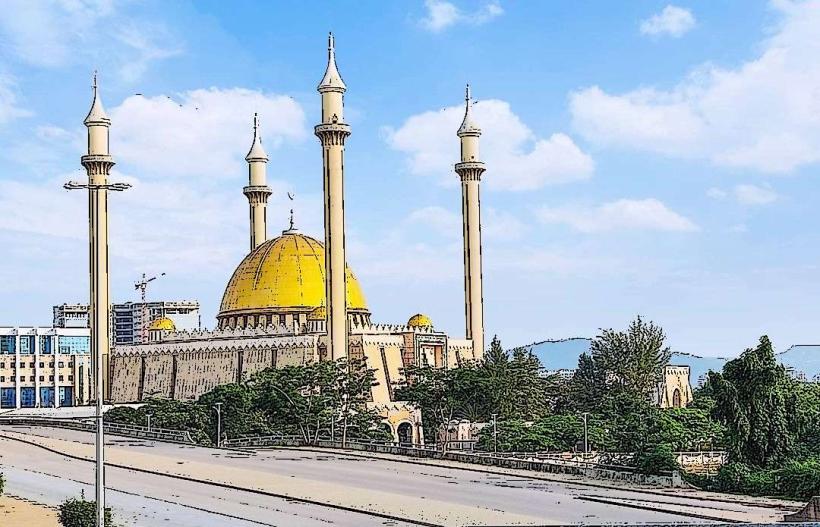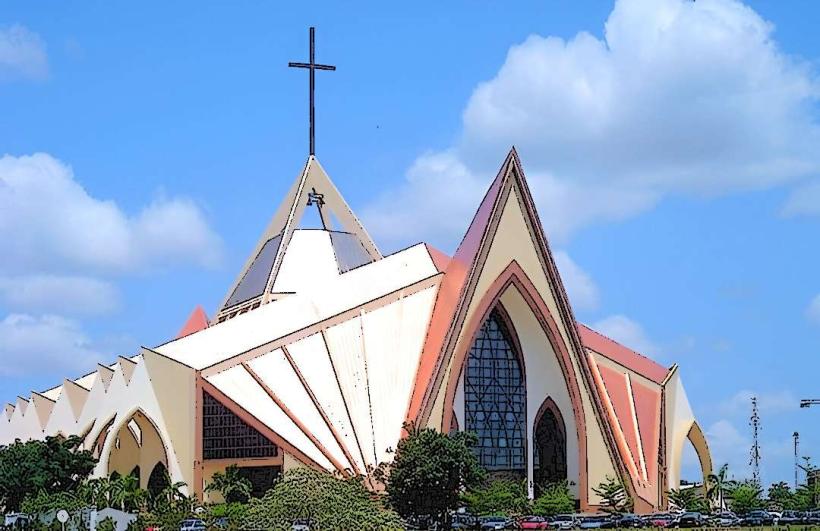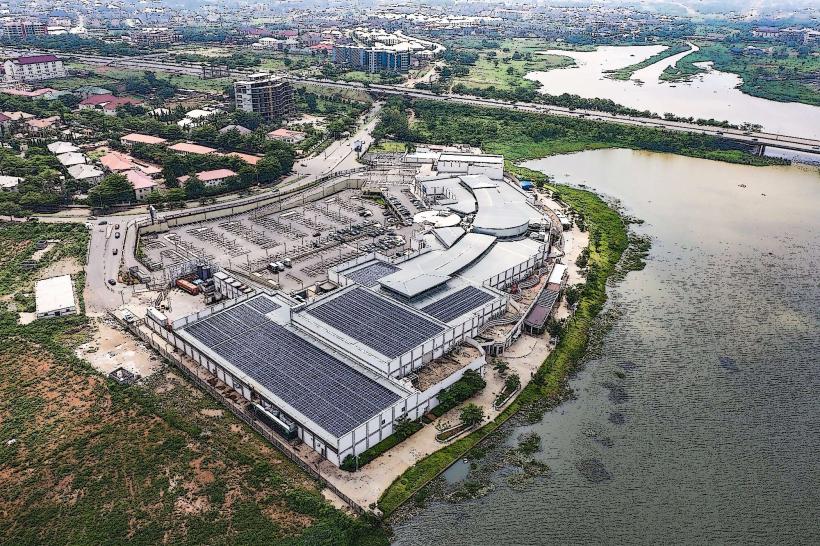Information
Country: NigeriaContinent: Africa
Nigeria, Africa
Nigeria is located on the western coast of Africa, bordering Benin to the west, Niger to the north, Chad to the northeast, and Cameroon to the east. The country is defined by the Niger River Delta and its status as the most populous nation and largest economy on the African continent. The capital city is Abuja.
History & Culture
Nigeria gained independence from the United Kingdom in 1960 and transitioned through several military regimes before the establishment of the Fourth Republic in 1999. Primary religious affiliations are Islam (predominantly in the north) and Christianity (predominantly in the south). Independence Day (October 1) is the most significant national holiday. Core social etiquette emphasizes respect for elders, hierarchical deference, and communal interdependence.
Language & Communication
The official language is English. English proficiency is high in urban, administrative, and educational sectors. Major indigenous languages include Hausa, Yoruba, and Igbo, while Nigerian Pidgin serves as the nationwide lingua franca for informal communication.
Population & Economy
The population is approximately 222 million, with a 54% urban and 46% rural distribution. Top three export commodities are crude petroleum, petroleum gas, and cocoa beans. GDP per capita is approximately $1,561 USD. The petroleum industry is the primary driver of national revenue, while agriculture employs the largest portion of the labor force.
Visa & Entry Policy
Citizens of the US, UK, and EU require a visa for entry. Nigeria utilizes an E-Visa system for tourism and business. Visa on Arrival is generally restricted to African Union citizens or frequent business travelers with pre-approved paperwork. Border strictness is high regarding valid visa duration and proof of yellow fever vaccination.
Currency & Payment Systems
The currency is the Nigerian Naira (NGN). Cash is the primary medium of exchange in rural areas and informal markets, but a "cashless policy" has accelerated card and bank transfer usage in cities like Lagos and Abuja. ATMs are widely available in urban centers but sparse in remote communities.
National Transport Grid
Intercity travel is primarily conducted via domestic flights served by carriers such as Air Peace and Ibom Air. A modern standard-gauge rail line connects Abuja to Kaduna and Lagos to Ibadan. Long-distance road transit relies on private bus companies, including God is Good Motors (GIGM) and ABC Transport.
Digital Infrastructure
Major mobile network providers are MTN, Airtel, and Glo. 4G coverage is robust in major cities and along primary transit corridors. 5G deployment is active in urban hubs like Lagos and Abuja, though adoption remains limited by device costs.
Climate & Seasonality
The climate is tropical, featuring an equatorial south, a tropical central region, and an arid north. Nigeria experiences a wet season from April to October and a dry season from November to March, characterized by the dust-laden Harmattan wind from the Sahara.
Health & Safety
Yellow Fever vaccination is mandatory and must be documented on an International Certificate of Vaccination (Yellow Card). Malaria is endemic nationwide. The emergency number for Police, Fire, and Ambulance is 112 or 199.
Top 3 Major Regions & Cities
Southwest (Economic Center): Hub city is Lagos.
North (Cultural/Historical Center): Hub city is Kano.
Southeast (Energy/Industrial Center): Hub city is Port Harcourt.
Local Cost Index
1L Water: 400 NGN ($0.25 USD)
1 Domestic Beer: 1,200 NGN ($0.75 USD)
1 Sim Card (Data Plan): 6,000 NGN ($3.75 USD)
Facts & Legends
The Bayajida legend of the Hausa people details a prince from Baghdad who traveled to Daura, killed a sacred snake that prevented the locals from drawing water, and married the Queen of Daura; his seven sons subsequently founded the seven original Hausa city-states (Hausa Bakwai).

